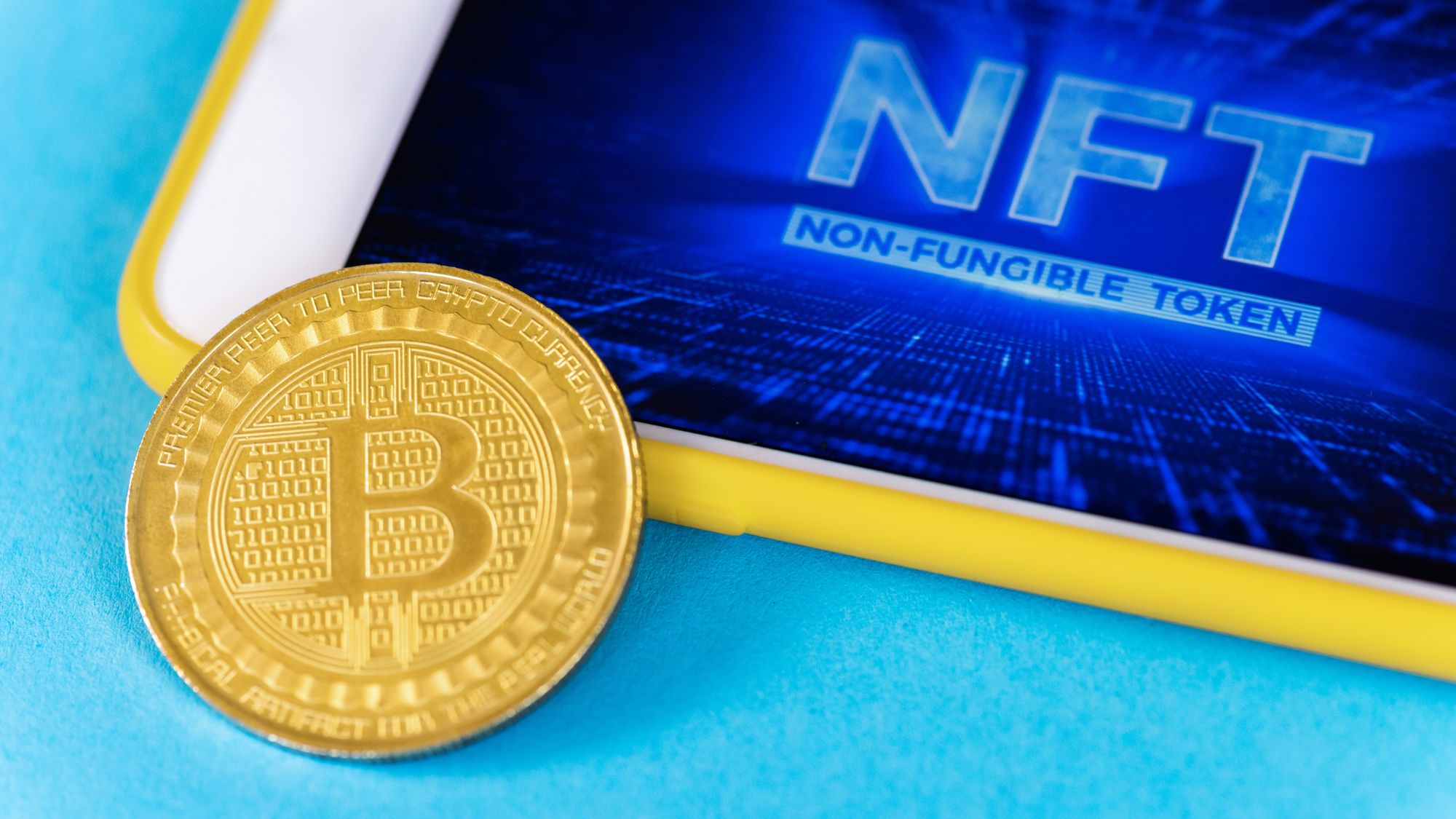Fungible Vs. Non-fungible Tokens: What is the difference?
Fungible tokens are easily exchangeable assets that are divisible & not unique. They're constructed so that each token fraction is comparable to the next. Non-fungible token (NFT) is a digital authentication certificate that attaches ownership to unique physical or digital assets.

You will see the word "token" frequently as you explore the world of cryptocurrencies. To put it simply, tokens are a representation of value created on the blockchain. Cryptocurrency tokens are not the same as physical tokens. Instead, they are virtual and digital; the amount of cryptocurrency you own is shown by the number you see in your digital wallet. As a result, there are two major groups of tokens: fungible and non-fungible tokens.
What is a Fungible Token?
Fungible tokens are easily exchangeable assets that are divisible and not unique. Tokens of this type are constructed so that each token fraction is comparable to the next. For example, currency and money are two of the most common fungible assets; a $100 bill in one person's possession has the same value as a $100 bill in another person's possession. Similarly, in crypto, 1 BTC in one person's wallet is worth the same as 1 BTC in another.
What is a Non-fungible Token?
To explain the concept of non-fungible tokens in its most straightforward way, consider the famous Mona Lisa painting. Of course, anyone can make a replica, even if it's a close match to the original. But there is only one authentic painting, and the painting collector is aware of this.
Therefore, Non-fungible tokens are unique, collectible items represented by tokens. Non-fungible token (NFT) is a digital authentication certificate that attaches ownership to unique physical or digital assets such as art, real estate, film, or music. At the most basic level, digital assets like video clips, tweets, memes, GIFs, or any digital image can be associated with an NFT, which serves as an electronic identification that validates ownership.
Unlike fungible tokens, NFTs are distinct in that they cannot be divided or precisely changed for other non-fungible tokens of the same type. Therefore, NFTs can be considered tokens that provide several unique potentials for utilizing blockchain technology.
Fungible Vs. Non-fungible: Fungibility
Fungibility is a key component of all currencies. Fungibility is an asset's ability to be exchanged for another asset of the same type while retaining the same value.
For example, if Person A has a $100 bill, it is worth the same as every other $10 bill, regardless of who owns it. As a result, the precise number of groceries Person A can buy for $100 at a specific store is the same number of groceries anyone –say Person B– can buy for the same amount at the same store. As a result, the currency is fungible (interchangeable while maintaining the same value).
If, on the other hand, we are both artists and painted portraits of a dog, the value of each painting is not the same because each picture is unique, no matter how similar they appear. For example, there are multiple Mona Lisa paintings today; no matter how accurate a duplicate is, there is only one unique Mona Lisa painting produced by Leonardo da Vinci.
Eventually, based on these considerations, my dog painting might be valued at $500,000, whereas yours would be valued at $5 million. Therefore, even though both products are paintings of dogs, their values aren't immediately comparable. They are therefore regarded as non-fungible.
Similarly, suppose you borrow $1000 from a friend or a bank. If there is no interest, you will have to repay the same amount - $1,000. The repayment, however, does not have to be the same dollar bill provided to you, as any bill is worth the same amount as long as it is entirely $1000. However, if you hire an automobile, say a red Mercedes. You are not permitted to return the vehicle with another Mercedes of a different color. As a result, a vehicle is collectible, and it is unique, which is why it is non-fungible. The property of non-fungibility is the uniqueness of an asset.
So, unlike fungible tokens, NFTs depend on various things. For example, a prospective buyer will be interested in the creator's reputation, the legitimacy of the art, the message the art conveys, and the rarity of the piece!
Fungible Vs. Non-fungible: The Difference
Final Takeaway
Blockchain technology is widely regarded as the ideal for managing all kinds of digital assets —fungible and non-fungible— because of its decentralized and immutable nature. As a result, this makes non-fungible tokens the next significant revolution in this constantly evolving ecosystem. Although, in the physical world, almost all utilities take the form of non-fungible tokens, such as tools, machinery, works of art, gold, diamond, piece of land, intellectual property, etc.
Read more about Non-fungible tokens (NFTs) and how to create one for yourself on our blog.
Stay updated with news, information, and insights in the crypto space via the Cwallet blog. You can also get an instant Cwallet to benefit from tips, airdrops, and airdrop games.
Join our community for more information: Twitter, Telegram, Reddit, and Discord.